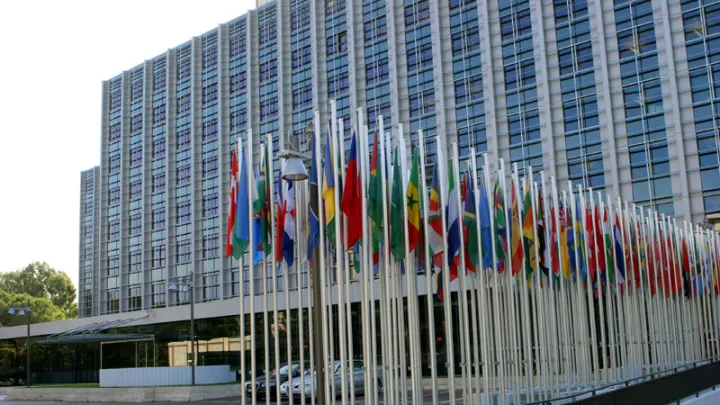
Amidst efforts to ensure value for money in projects funded by the International Fund for Agriculture Development (IFAD), the fund has moved to improve finance management amongst member countries.
The move is aimed at improving the quality and standard of living as well as the livelihoods of the most vulnerable communities and smallholder farmers.
The Country Director, IFAD Ekoue Dede, stated this during the opening ceremony of the first regional workshop on the financial management of IFAD-Funded projects for Anglophone West and Central Africa organised by the financial management division of the body.
She revealed that the current portfolio of IFAD’s West and Central Region consists of 62 programmes in 23 countries, and has a total financing amount of approximately $4 billion, of which IFAD contributed approximately USD 1.9 billion, saying that the 2022 edition of the FAD Annual Report on Development Effectiveness (RIDE) on the way forward indicated that IFAD was implementing dedicated action plans to improve performance in vulnerable regions.
Dede further revealed that under the current Country Strategic Operation Programme (COSOP) in Nigeria, a portfolio of four investment programmes included CASP, VCDP, LIFE-ND, and SAPZ. She noted that these programmes were able to secure a total investment of $467 million while leveraging co-financing of $513 million.
She noted, however, that as part of the people, processes, and technology plan, the Fund was implementing a more robust risk-based assurance methodology that encompassed both financial controls in currency disbursement and financial management, stating that these were the two most important factors influencing efficiency.
“Indicators relating to the scope of interventions, natural resources, environmental management, and climate change adaptation are typically met by IFAD-funded projects.”
The Country Director further received that reforms have occurred in financial management, notably in financial reporting, disbursements, and IT systems (ICP financial execution module), and the introduction of the Project Financial Management and Financial Control Arrangements Letter.
She pointed out that the primary objectives of the workshop was to discuss the practical implementation of the reforms, specifically the Interim Financial Report and disbursements, Train projects on the use of the Financial Execution (FE) module of the IFAD Client Portal (ICP) for submitting financial reports strengthen understanding of IFAD’s fiduciary management procedures; discuss key FMD-WCA themes and issues; identify obstacles encountered during project implementation; and propose solutions to these obstacles.
The Permanent Secretary, Federal Ministry of Agriculture and Rural Development, Ernest Umakhihe, pointed out that while agriculture was a key contributor to the region’s economic growth, trade, and food security, the region unfortunately faces many constraints, such as climate change, conflict, instability, poverty, inequality, malnutrition, and disease.
He stressed the need for concerted and coordinated efforts from all stakeholders, including governments, regional organisations, development partners, civil society, and the private sector.
He said: “To achieve these objectives, we need to ensure that we have efficient and effective finance management systems in place. Finance management is not only about accounting and reporting but also about planning, budgeting, monitoring, evaluating, and learning.
“Finance management is essential for ensuring transparency, accountability, and value for money in our agricultural programmes and projects.”






